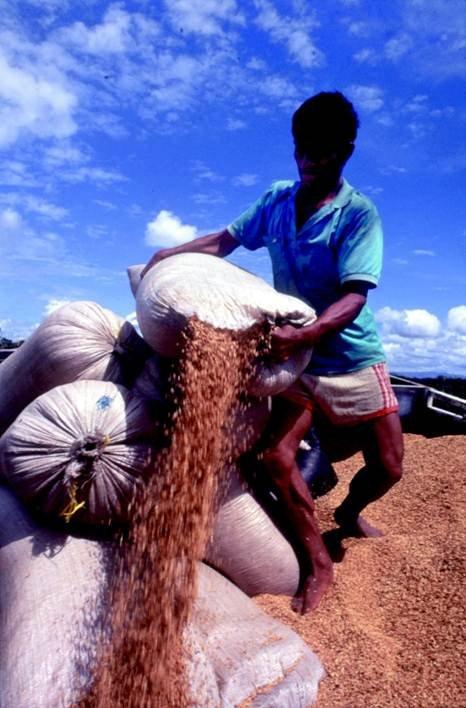
Roughly one third of the food produced in the world for human consumption every year (approximately 1.3 billion tonnes) is wasted. A policy briefing in Brussels on June 26th on 'food losses and food waste' addressed some of the concerns that revolve around global hunger, food security, sustainability and waste recovery.
A variety of different actors involved in the food supply chain, including farmers, retailers, governments and consumers, contribute to large amounts of global food loss and waste. Several strategies are available for the reduction of these losses, but they are not well known and much action needs to be taken to reduce loss and waste at the global, regional and national scale.
Postharvest losses and food waste are a particular concern in Africa, where many people are constrained by a lack of resources, and losses are hence a major threat to the food and nutrition situation of a majority of farmers. One approach to alleviating the problem is to reduce the amount of produce (grains, roots and tubers etc.) lost after harvest.
The objectives of the Briefing were to raise awareness of the causes and impact of food losses and waste in low, medium and high-income countries, to increase information exchange and expertise relating to strategies and successes in preventing and reducing the losses, and to facilitate networking amongst development partners working in these areas. Speakers included researchers, policy makers, food industry workers and farmer organisations.
John Orchard, the Director of Research at NRI made a presentation on 'Missing food: The grain postharvest losses of smallholders in Sub-Saharan Africa' which covered:
- Why grain postharvest losses have become so important
- What can be done about postharvest losses, and
- The contribution of the African Postharvest Losses Information System (APHLIS)
APHLIS, based on a network of local African experts and led by Professor Rick Hodges of NRI, aims to provide a robust system for estimation of postharvest weight losses of cereal grains in Sub-Saharan Africa. It is a means by which more accurate loss estimation can be achieved.
Reducing postharvest losses offers a means of increasing food supply without any further increase in the use of vital resources such as land, labour, water and agricultural inputs.
Interview with John Orchard at the Brussels Briefing:

